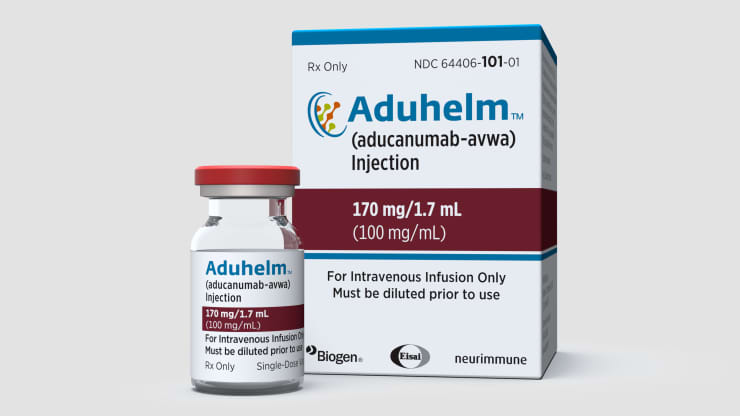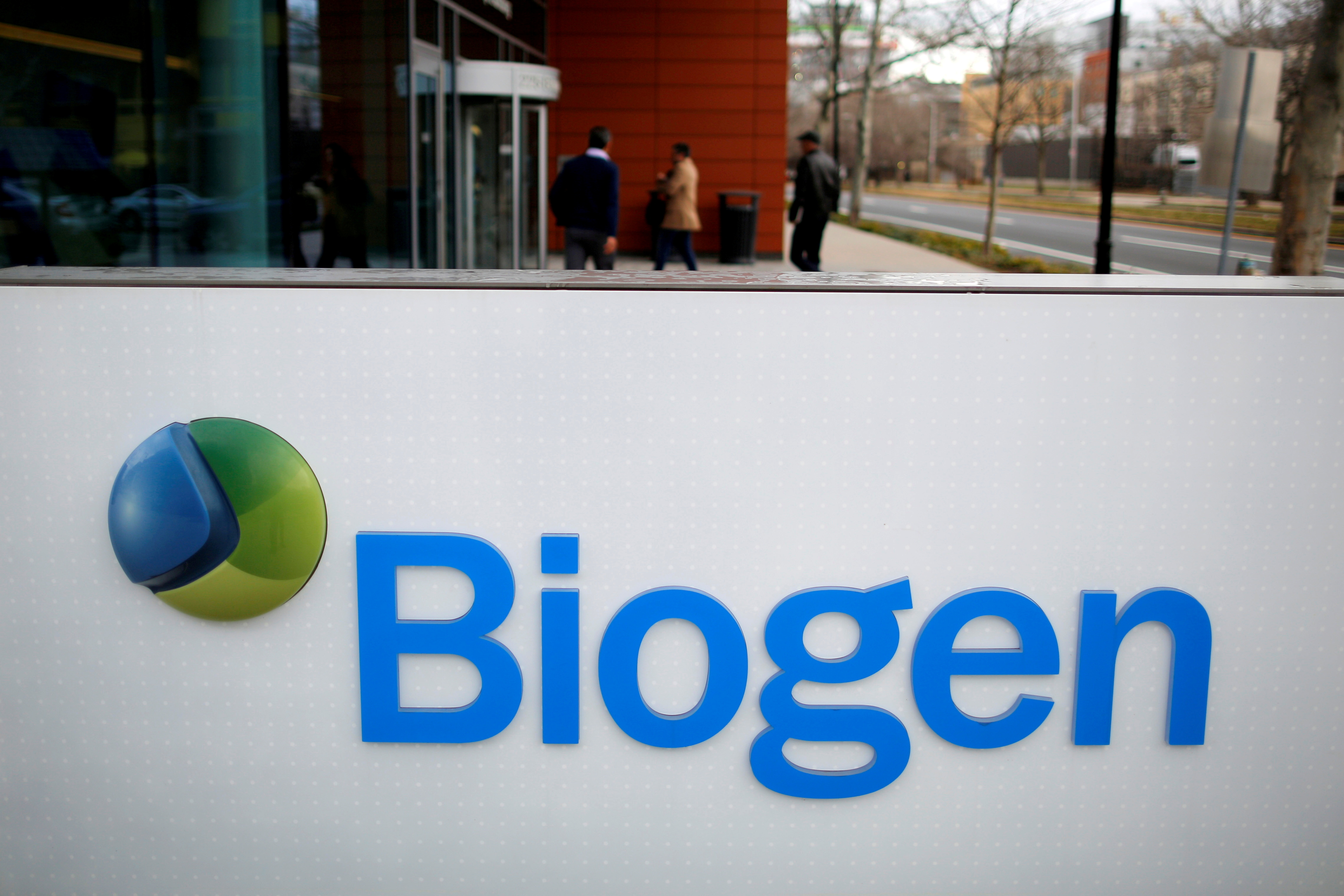Is The U.S. Food and Drug Administration body Infallible?
"This decision has shaken the foundations of the scientific process and methods.""[The FDA produced its decision] by fiat [and had not asked its advisers to consider whether the drug's functionality in removal of a type of brain plaques (beta amyloid) would improve patient outcomes].""It's a disturbing set of events, scientifically, clinically, politically."Dr.Jason Karlawish, co-director, Penn Memory Center, Philadelphia"[The FDA’s decision on Biogen] was probably the worst drug approval decision in recent U.S. history.""At the last minute, the agency switched its review to the Accelerated Approval pathway based on the debatable premise that the drug’s effect on brain amyloid was likely to help patients with Alzheimer’s disease.""[It was] clear [that the agency is not] presently capable of adequately integrating the Committee’s scientific recommendations into its approval decisions.""This will undermine the care of these patients, public trust in the FDA, the pursuit of useful therapeutic innovation, and the affordability of the health care system."Dr. Aaron Kesselheim, professor of medicine, Harvard Medical School, resigning from the FDA’s Peripheral and Central Nervous System Advisory Committee
 |
Aduhelm by Biogen Source: Biogen |
There is no cure for this dread disease of dementia that usually strikes the elderly, and little in the way of successful treatment to slow down the progression of the disease before it ultimately slows down the natural life of the body's organs when the brain is finally and fully unable to perform its vital life functions. The holy grail of liberation from the dread effects of the disease is elusive; not for lack of research and efforts, time and funding to even discover an efficacious life-prolonging treatment therapy but because the answers to the many questions surrounding this fatal brain disease as yet escape detection.
Biogen Inc. has produced a drug, Aduhelm, whose treatment holds a level of promise that might lead to those badly needed answers on the premise that removing the sticky substance that builds up in the brain as an effect of Alzheimer's brain-function deterioration, has convinced the U.S. Federal Drug Administration that despite any measure of success in early trials that removing the plaque in early stages of Alzheimer's will lead to a halting of the disease's progression, it would be given authorization to place the drug on the market.
Connected with that authorization was a requisite order that research and further trials be ongoing to determine whether real progress has been made with the drug, both in eradicating the brain plaque and proving that in so doing, the disease was given a setback, and the patient's brain could be protected from the disease advancing; in short, a result that resembles a therapeutic success, if not an eventual cure. In allowing Biogen to proceed to the market lacking strong evidence of success, the FDA is taking a big chance at being proven wrong.
And scientific experts in the field of neurology, along with regulatory experts are highly critical of the FDA move. Even while others in the field of medicine focusing on dementia feel that giving Biogen's drug an 'advance' authorization approval may very well turn out to be a key to advancing new and promising therapies perhaps based on the plaque-removal work of the Biogen drug. Theirs is not a voice in the majority, however.
The move by the FDA is viewed as such a serious scientific infraction that three high-profile members of its own advisory panel of outside advisers who recommended against its approval on the basis of Biogen not having provided sufficient evidence of clinical benefit, have seen fit to resign their panel positions. Thus far, the situation has convinced three of the expert panel members of the Peripheral and Central Nervous
System Advisory Committee advising the FDA, to resign in protest against the decision to set aside their advice.
Dr. Aaron Kesselheim, a professor at Harvard
Medical School who is also director of the Program On Regulation,
Therapeutics, And Law at Brigham and Women's Hospital is now the latest of three members of the panel to resign; in his opinion the FDA 'greenlighted' Aduhelm even though sufficient proof of its efficacy in aiding Alzheimer's patients is absent from clinical results. Two previous resignations of FDA panel members are Mayo Clinic neurologist Dr. David Knopman
and Washington University neurologist Dr. Joel Perlmutter.
An estimated 1.5 million Americans will be eligible, in early-stage Alzheimer's for the drug, Biogen has stated. Priced at approximately $56,000 annually, the federal Medicare insurance program for seniors is expected to pick up most of the cost associated with its prescription. "No amount of unmet need can take the place of sufficient evidence", John Hopkins public health professor Dr.Caleb Alexander, a member of the FDA advisory panel, responded.
Known chemically as aducanumab, and named Aduhelm by Biogen, there is no question that the drug succeeded in removing beta amyloid from brains of people suffering from Alzheimer's, according to the FDA. Which convinced it to proceed with the advance agreement on the theory that if the plaque is removed, then the disease will recede. No earlier drugs have indicated reductions in amyloid resulted in significant benefits for Alzheimer's patients. Dr.Karlawish, cited above, had run one of the trial sites for the Biogen drug, and was clearly unimpressed.
"If you say ‘Well hey, the FDA is buying into this general concept'.""If we can remove beta amyloid from the brains of persons that are affected by the disease, even with limited evidence of cognitive benefits, there might be a variety of different therapies that would qualify under these types of criteria."Christian Pike, USC’s Leonard Davis School of Gerontology"What we’re going to find out from the use of this drug one way or the other is whether or not the amyloid clearing hypothesis is correct.""If it is correct, then I think it opens the door for a lot of innovation, a lot of drug candidates that are going to try to clear amyloid in the future pursuit of that hypothesis."Darius Lakdawalla, USC health economist
 |
| A sign marks a Biogen facility in Cambridge, Massachusetts, U.S. January 26, 2017. REUTERS/Brian Snyder |
Labels: Alzheimer's Disease, Biogen Inc. U.S. Food and Drug Administration, Therapeutic Drug Search

0 Comments:
Post a Comment
<< Home